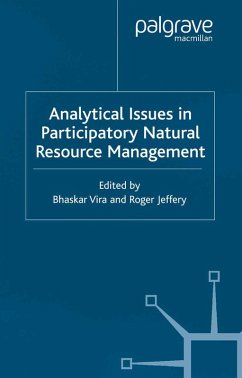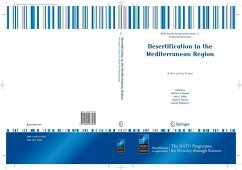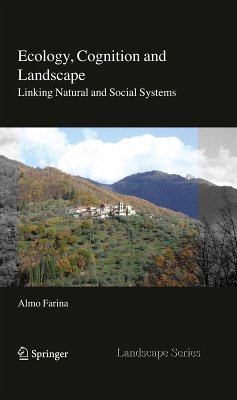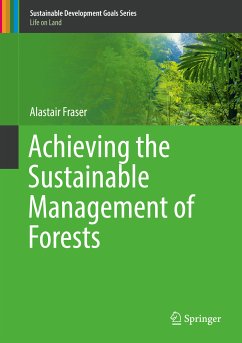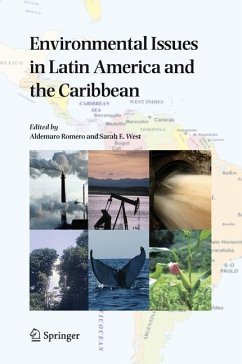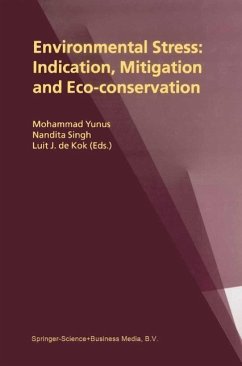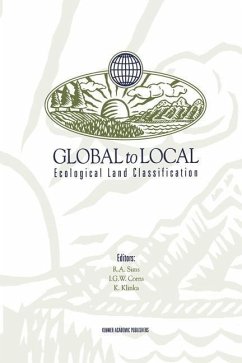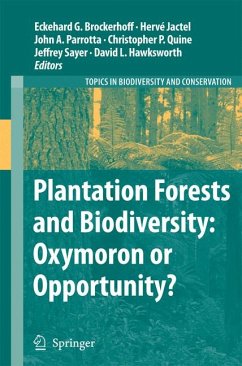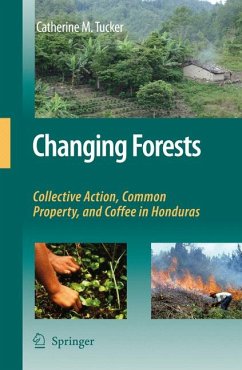
Changing Forests (eBook, PDF)
Collective Action, Common Property, and Coffee in Honduras
Versandkostenfrei!
Sofort per Download lieferbar
72,95 €
inkl. MwSt.
Weitere Ausgaben:

PAYBACK Punkte
36 °P sammeln!
Drawing on ethnographic and archival research, "Changing Forests" explores how the indigenous Lenca community of La Campa, Honduras, has conserved and transformed their communal forests through the experiences of colonialism, opposition to state-controlled logging, and the recent adoption of export-oriented coffee production. It merges political ecology, collective-action theories, and institutional analysis to study how the people and forests have changed through socioeconomic and political transitions encompassed in three broad phases: (1) the premodern period, which considers historic pertu...
Drawing on ethnographic and archival research, "Changing Forests" explores how the indigenous Lenca community of La Campa, Honduras, has conserved and transformed their communal forests through the experiences of colonialism, opposition to state-controlled logging, and the recent adoption of export-oriented coffee production. It merges political ecology, collective-action theories, and institutional analysis to study how the people and forests have changed through socioeconomic and political transitions encompassed in three broad phases: (1) the premodern period, which considers historic perturbations in western Honduras from the period of colonialism into the middle of the twentieth century; (2) the period of state-led logging and intervention in La Campa, which caused major degradation in forest cover; and (3) the recent period in which export coffee production transformed property rights, and people's perceptions of the forest gained new conservationist and economic dimensions. Each phase entails perspectives and experiences that influenced human use of forests, and shaped subsequent transformations.
Growing social heterogeneity, population growth, and market integration present challenges for sustainable forest management, but satellite images show that forest cover has expanded since the community prohibited logging in 1987. The indigenous people have created a watershed reserve and agroforestry cooperatives, and maintain forests as part of a resilient livelihood strategy.
Growing social heterogeneity, population growth, and market integration present challenges for sustainable forest management, but satellite images show that forest cover has expanded since the community prohibited logging in 1987. The indigenous people have created a watershed reserve and agroforestry cooperatives, and maintain forests as part of a resilient livelihood strategy.
Dieser Download kann aus rechtlichen Gründen nur mit Rechnungsadresse in A, B, BG, CY, CZ, D, DK, EW, E, FIN, F, GR, HR, H, IRL, I, LT, L, LR, M, NL, PL, P, R, S, SLO, SK ausgeliefert werden.




